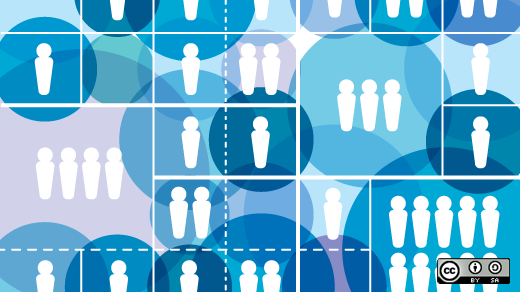While the global financial meltdown and its aftershocks have unleashed a flood of indignation, condemnation, and protest upon Wall Street, the crisis has exposed a deeper distrust and implacable resentment of capitalism itself.
Capitalism might be the greatest engine of prosperity and progress ever devised, but in recent years, individuals and communities have grown increasingly disgruntled with the implicit contract that governs the rights and responsibilities of business. The global economy and the Internet have heightened our sense of interconnectedness and sharpened our awareness that when a business focuses only on enriching investors, managers view the interests of customers, employees, communities—and the fate of the planet—as little more than cost trade-offs in a quarter-by-quarter game.
It’s time to radically revise the deeply-etched beliefs about what business is for, whose interests it serves, and how it creates value. We need a new form of capitalism for the 21st century—one dedicated to the promotion of greater well-being rather than the single-minded pursuit of growth and profits; one that doesn’t sacrifice the future for the near term; one with an appropriate regard for every stakeholder; and one that holds leaders accountable for all of the consequences of their actions. In other words, we need a capitalism that is profoundly principled, fundamentally patient, and socially accountable.
This isn’t a new challenge, but it’s more urgent than ever—not just as an effort to escape reform and regulation from the outside, but to restore the public trust, to repair the moral fabric of the system, and to unleash the innovation required to tackle the world’s most pressing and important challenges.
That’s why we’re eager to announce the third leg of the Harvard Business Review/McKinsey M-Prize for Innovation—the Long-Term Capitalism Challenge. With this challenge, we hope to accelerate the shift toward a more principled, patient, and social accountable capitalism—one that’s truly fit for the long term.
Specifically, we’re looking for Stories (real-world case studies) and Hacks (boldly original ideas) that offer up the most progressive practices and disruptive ideas that tackle the challenge of making our organizations more:
PRINCIPLED
Capitalism degenerates into narrow self-interest without a strong ethical foundation.
- How do we focus the entire organization on a higher purpose and embed such virtues as generosity and selflessness into everyday interactions, evaluations, and reward systems?
- How do we measure the ethical or moral climate of a company, and what is the dashboard?
- What does it mean for individuals at all levels to act as wise stewards of organizational values, resources, and stakeholder well-being?
- What kind of a forum or process could we create that would allow individuals to freely share and discuss ethical dilemmas?
- In what ways might extreme transparency preserve and promote the highest purpose of the organization?
PATIENT
Vision and perseverance are critical to value creation-- and highly vulnerable to short-termism.
- How do we stretch management timeframes and perspectives?
- What does it mean to articulate and instill a vision compelling enough to inspire sacrifice, stimulate innovation, and hedge against expediency?
- How might we rebalance compensation and measurement systems to provide incentives for long-term value creation along with short-term performance?
- What tactics or capabilities might we develop to earn some slack from investors?
- What kind of incentives and measurement systems could we devise to encourage internal entrepreneurs and nurture a varied portfolio of opportunities?
SOCIAL
Capitalism cannot operate in a social vacuum and profits and shareholder return can no longer be the only measures of a company's value-added.
- How do we eradicate the pervasive zero-sum mentality in business and embed the positive-sum view of stakeholder interdependence into operations at every level?
- How do we build the consideration of social return into every conversation and every decision at every level in the organization?
- How could we embed social goals into an organization’s innovation agenda and processes? In other words, how might we encourage not just social responsibility, but social entrepreneurship?
- What kind of measurement and reward systems would give significant weight to social impact created by individuals and the wider organization?
Polly LaBarre contributed to this story






19 Comments